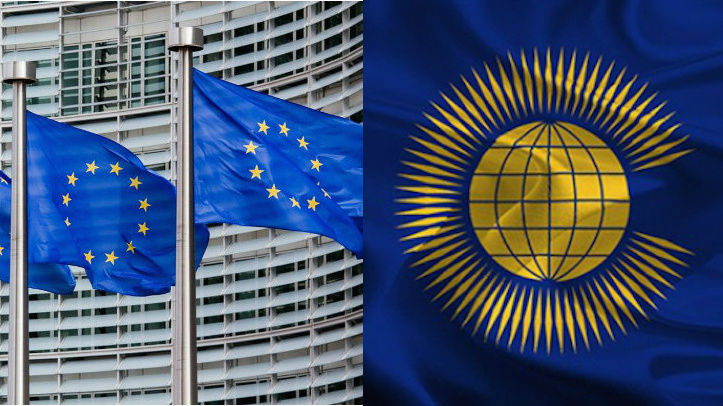EU, Commonwealth join chorus of concern over state of emergency
“It is essential that all constitutional fundamental rights and freedoms are immediately restored and that due process of law is respected. A genuine dialogue with all political parties on the future of the country needs to be established,” the European Union said in a statement.

06 Nov 2015, 9:00 AM
The European Union (EU) and the Commonwealth have joined the United States and United Kingdom in calling on the Maldivian government to lift a 30-day state of emergency and restore constitutional freedoms.
President Abdulla Yameen declared a nationwide state of emergency on Wednesday, citing threats to national security following the discovery of weapons and explosives.
Yameen issued a decree suspending several fundamental rights, including the rights to privacy and freedom of assembly, and granting the police sweeping powers to arrest suspects and carry out raids without court warrants.
The EU said in a statement that the state of emergency “is the latest in a series of worrying developments in the country.”
Become a member
Get full access to our archive and personalise your experience.
Already a member?
Discussion
No comments yet. Be the first to share your thoughts!
No comments yet. Be the first to join the conversation!
Join the Conversation
Sign in to share your thoughts under an alias and take part in the discussion. Independent journalism thrives on open, respectful debate — your voice matters.




